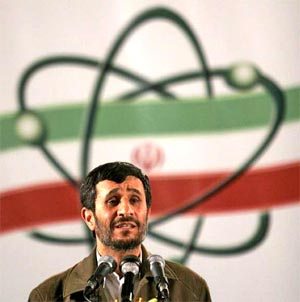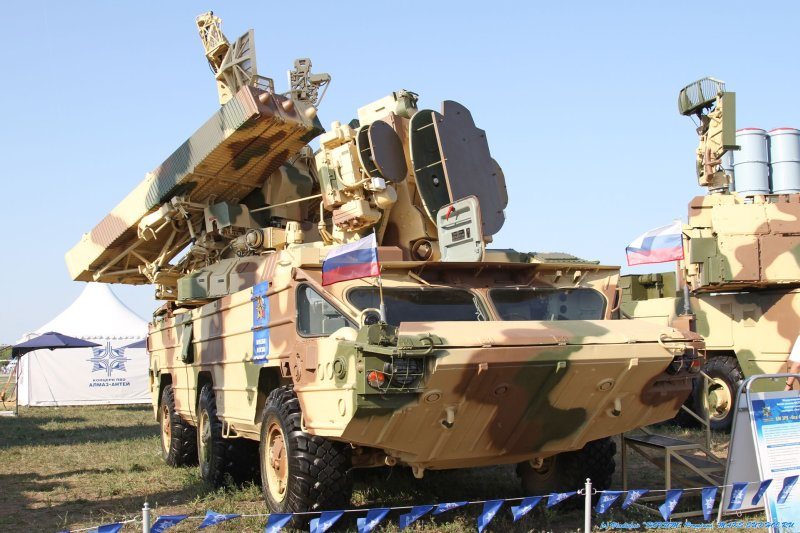Iran plans to produce the first of its own enriched nuclear fuel within five months, Foreign Minister Ali Akbar Salehi said on Monday, the official IRNA news agency reported.
“We hope to produce the first domestic-made nuclear fuel plate within the next four to five months,” Salehi, former head of Iran’s atomic energy organisation, was quoted as saying.
He said the plate, made of uranium enriched to 20 percent, would be tested at Tehran’s research reactor, which is currently running on low-enriched nuclear fuel imported from Argentina in 1993.
Iranian officials have said the Argentine fuel reserves are nearly depleted and they need higher enriched uranium plates in the plant purely for research and medical purposes.
But the United States and Western allies question whether Iran has the technology to make such plates.
They have voiced suspicions that the enrichment programme is really to create military-grade nuclear material for weapons, a charge Tehran denies.
Salehi also revealed that Majid Shahriari, a nuclear scientist killed in a bomb attack last year, had been the driving force behind the fuel production project at a facility in the central city of Isfahan.
“When Shahriari was martyred, I was concerned that he was the only one who knew how to do the job. But after visiting Isfahan I saw that he had tutored around 20 youths in a workshop,” the government’s information website quoted him as saying.
“Today we have thousands of nuclear scientists. There is almost nothing beyond our reach in the nuclear field if we aim for it,” Salehi said.
Shahriari was killed last November 29, when separate blasts in Tehran targetted two nuclear scientists.
Iran initially announced it would have its first 20 percent-enriched plates ready in September, but that date has been pushed back with no explanation.
Iran began enriching uranium to 20 percent in February 2010, after a proposed deal that would have seen Tehran swap its low-enriched uranium of 3.5 percent for nuclear fuel produced by Russia and France was scuppered, deemed insufficient by the United States and allies.
Early this month President Mahmoud Ahmadinejad reiterated an offer to suspend enrichment if the world provided his country with 20 percent-enriched nuclear fuel to run the Tehran plant.
On Monday, Salehi said “around 70 kilogrammes of (20 percent-enriched) uranium has been produced in Iran” so far, according to the latest inventory report he had seen, dating from September.
Iran is subject to four sets of UN sanctions and several Western sanctions over its enrichment programme.











